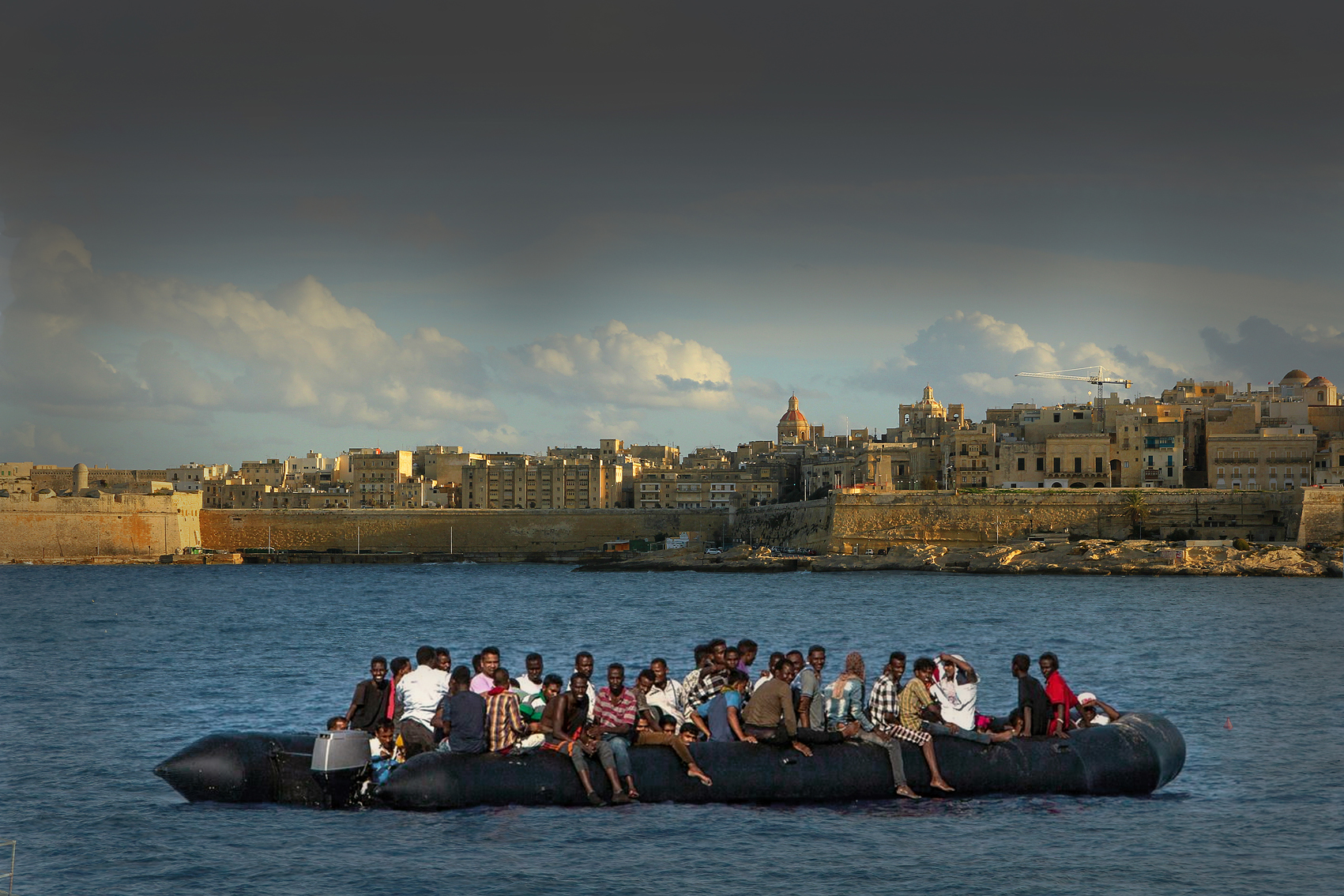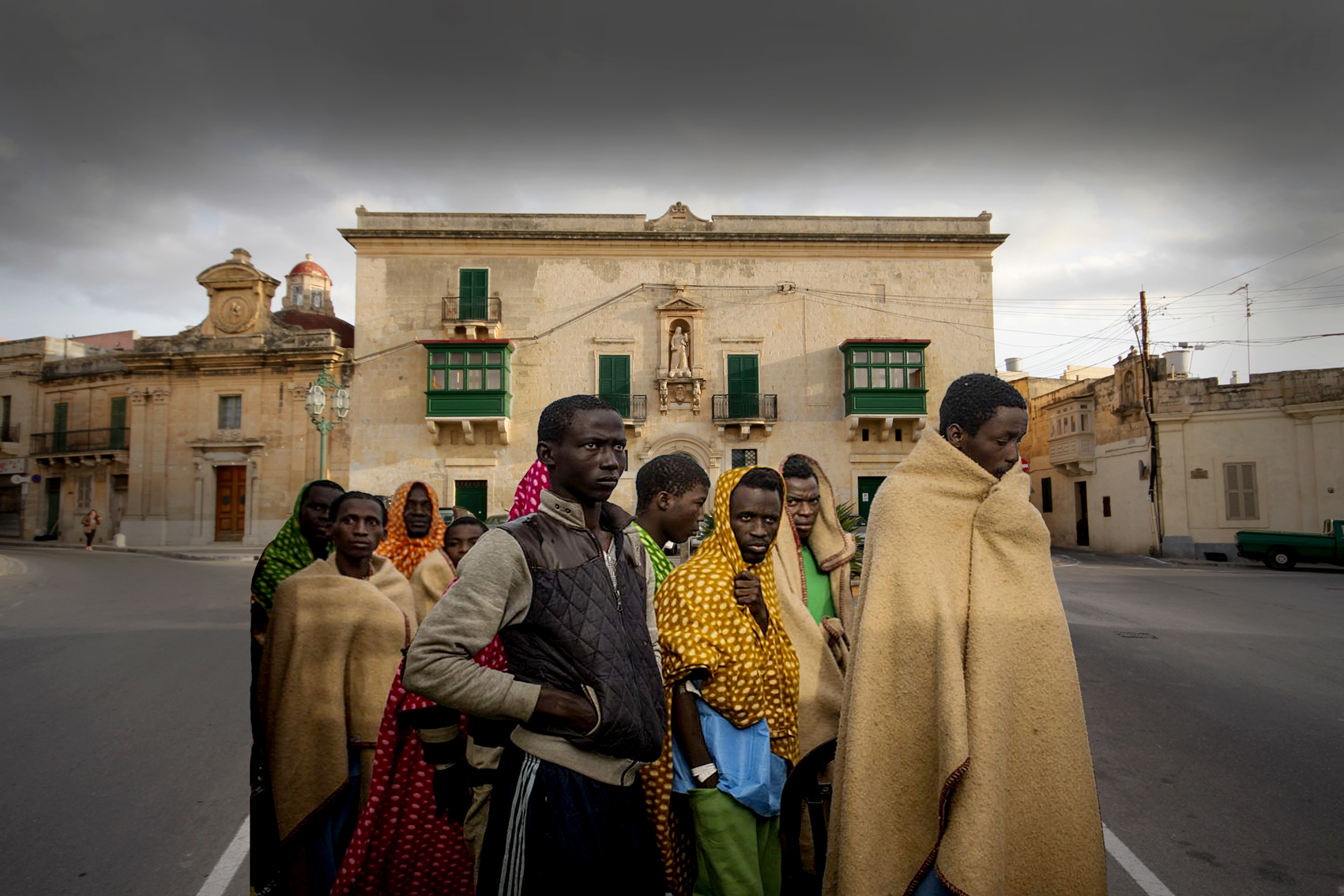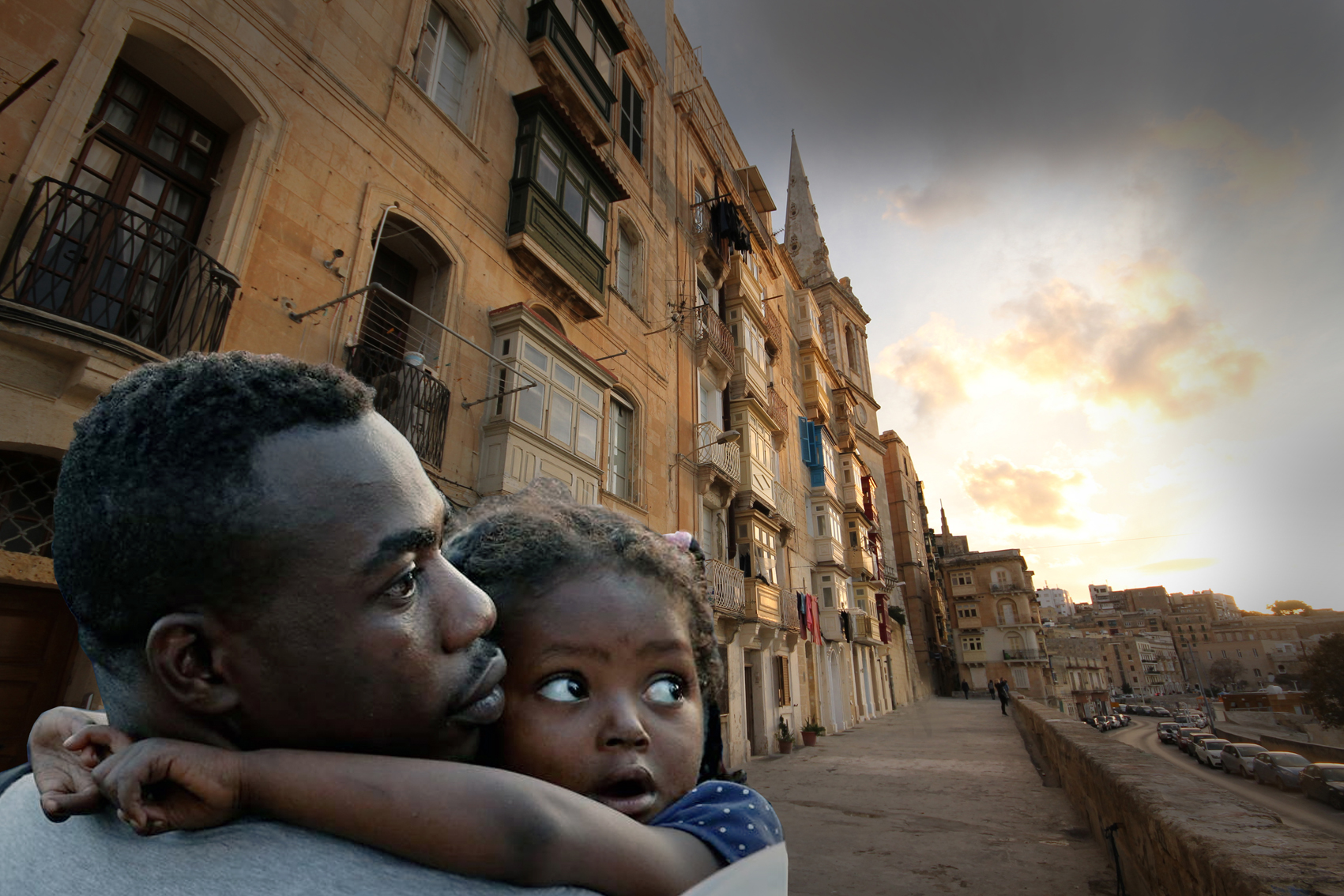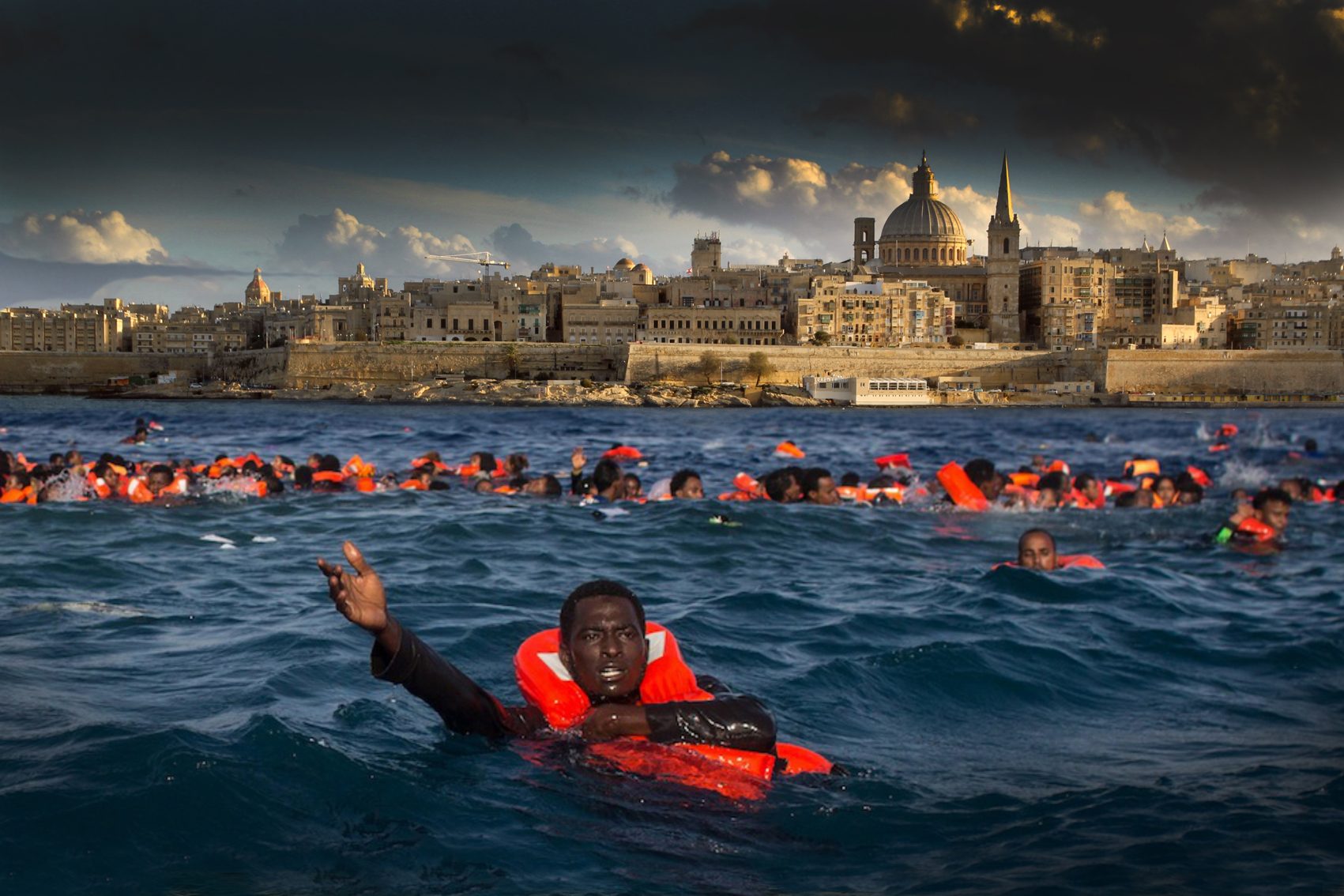For the last few years Europe is struggling to contain a never-ending stream of refugees who are escaping wars and poverty and risking their lives on makeshift boats to cross Mediterranean Sea in a desperate attempt to reach safety of European countries. My residency stay in Zejtun, Malta gave me opportunity to explore how newcomers can find ways to integrate in mostly homogeneous European countries.





Few years ago, in the aftermath of two shipwrecks, that killed at least 1,000 migrants tasteless online commentator uploaded a Facebook post saying he stopped eating fish because they were now feeding on “Ebola-infected corpses”. Many who posted comments on the Times of Malta website blamed the migrants themselves for taking the dangerous trip in the first place.
During my residency I’ve observed that the majority people of Malta are showing generosity in embracing migrants and many of them are involved in positive work to integrate newcomers. The integration of migrants starts with neighbors being open to newcomers. and continues with refugees learning the language, the laws and the customs of their new home countries. Going up a level, local governments, schools, Church groups, sports clubs and others are doing their share to bring about a positive environment. To integrate the children of a refugee family at the local school is the best recipe for a harmonious future for society. There are many NGO organizations in Malta working to help migrants integrate into society. With only 420,000 inhabitants Malta has one of the highest per capita refugee acceptance rates in the world.

Boja Vasic gratefully acknowledges support of the Canada Council for the Arts – Arts Abroad Residency Grant.